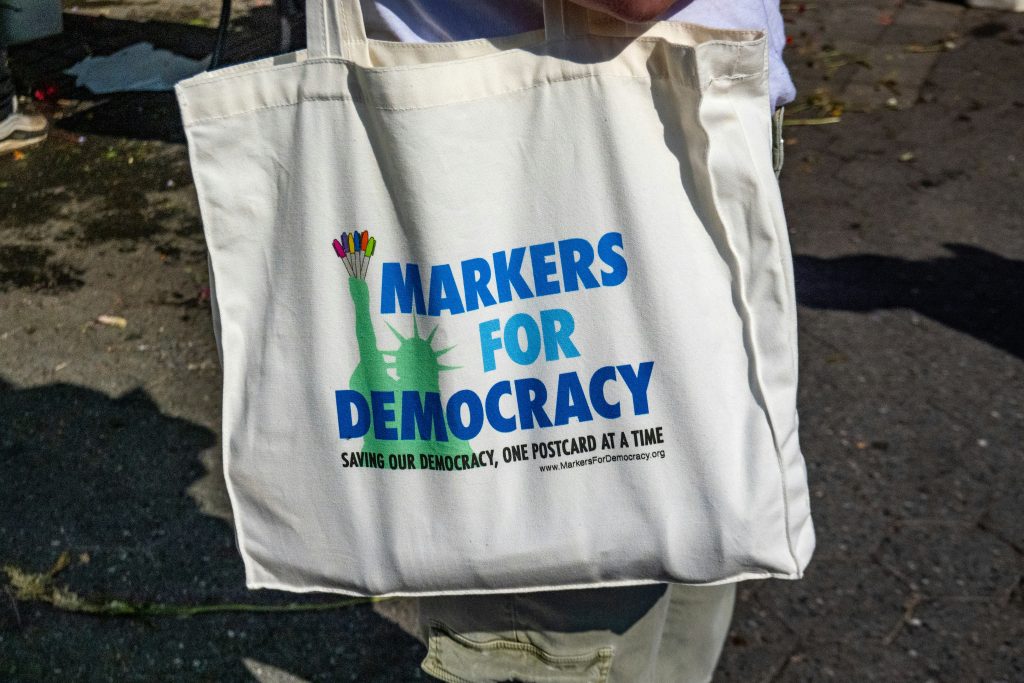LA Mayor Karen Bass Faces Backlash Over Absence During Wildfires
## LA Mayor Karen Bass Under Fire for Ghana Trip Amidst Devastating Wildfires
Los Angeles Mayor Karen Bass is facing intense scrutiny for her absence from the city during the recent devastating wildfires that ravaged Southern California. Her trip to Ghana, while wildfires raged and emergency services struggled, has sparked widespread public outrage and criticism from various political figures.
##### A Controversial Trip and Lack of Transparency
Mayor Bass’s visit to Ghana coincided with the peak of the wildfires, leaving many questioning her leadership and commitment to her constituents during a time of crisis. Although she claims to have been in “constant contact” while abroad, the lack of visible leadership during the emergency has fueled the criticism.
The absence of a visible mayor during such a significant crisis has raised concerns about preparedness and response. Critics highlight a perceived disconnect between the mayor’s actions and the urgent needs of her citizens, particularly in light of reports suggesting that the city’s fire department was inadequately prepared for the scale of the disaster.
Reports suggest that Los Angeles County and its fire departments are ill-equipped to handle widespread disasters of this magnitude. This lack of preparedness has only amplified the public’s anger and frustration over Mayor Bass’s absence.
##### Political Fallout and Shifting Blame
The controversy has extended beyond local criticism, with national figures, including former President Trump, also weighing in. These individuals have pointed fingers not just at Mayor Bass, but also at California Governor Gavin Newsom and President Biden, further politicizing the issue and shifting the focus beyond the immediate concerns of the disaster’s impact.
Mayor Bass’s defenders maintain that she was still involved in decision-making remotely and that her presence in the city wouldn’t have materially altered the response. However, critics counter that her physical absence lacked the critical leadership and on-the-ground presence needed during such a large-scale emergency.
The controversy highlights a crucial gap between leadership actions and public expectation during times of crisis. The event has reignited discussions about the role of city officials during emergencies and the need for transparent communication during such events.
This situation underscores the need for comprehensive disaster preparedness and effective communication strategies in the face of catastrophic events. The ongoing fallout from Mayor Bass’s trip to Ghana promises to continue to shape the narrative surrounding the city’s response to the wildfires and will undoubtedly impact her public image and political future.
The ongoing investigation into the city’s response and the criticisms surrounding Mayor Bass’s absence raise critical questions about the city’s preparedness for future emergencies and the responsibilities of elected officials during crises. Stay tuned for further updates as this story unfolds.
Tags: California Wildfires, City Leadership, Disaster Response, emergency response, Ghana Trip, Karen Bass, Los Angeles Wildfires, Political Accountability, political controversy, Public Criticism
Controversy Surrounds North Carolina Lieutenant Governor Mark Robinson Amid Defamation Lawsuit
In a dramatic turn of events, North Carolina Lieutenant Governor Mark Robinson has initiated a defamation lawsuit against CNN and a local punk singer, escalating tensions within the state’s political landscape. The lawsuit follows a report by CNN that included allegations regarding Robinson’s past statements on a pornographic website, stirring up controversy and debate both in the media and among the public. This legal action comes on the heels of comments made by North Carolina Governor Roy Cooper, who suggested that Robinson should consider resigning from his position. Governor Cooper’s remarks highlight the growing discontent among some factions within the state regarding Robinson’s political conduct and public statements. Robinson, a prominent Republican figure and gubernatorial candidate, has vehemently denied the allegations presented in the CNN report. His legal team argues that the claims are not only unfounded but also malicious in nature, aiming to tarnish his reputation as he pursues higher office. The lawsuit raises significant questions about freedom of speech and the responsibilities of media outlets in reporting potentially defamatory information. Critics of Robinson argue that his past comments, which have been described as explicit and racially charged, should disqualify him from holding public office. However, Robinson’s supporters contend that he is being unfairly targeted by the media and political adversaries who wish to see him fail in his gubernatorial aspirations. As the legal proceedings unfold, the absence of an anti-SLAPP law in North Carolina means that the defendants, including CNN, will face a challenging battle to defend their reporting in court. This situation not only reflects the contentious nature of contemporary politics but also underscores the complexities surrounding media ethics and political accountability. The case has drawn significant attention on social media platforms, with many users weighing in on both sides of the debate. Some express support for Robinson, praising his stance against what they perceive as media overreach, while others call for accountability and transparency from public figures. As the story develops, it is clear that Robinson’s actions and the subsequent legal battle will have lasting implications for his political career and the broader political climate in North Carolina. The outcome of this lawsuit could set a precedent for how defamation cases are handled in the state, particularly in the realm of political discourse. With the gubernatorial election on the horizon, Robinson’s legal challenges may play a pivotal role in shaping voter perceptions and influencing the race’s dynamics. As North Carolina navigates these turbulent waters, the eyes of the nation are watching closely, eager to see how this controversy will unfold and what it means for the future of its political landscape.
Tags: Defamation Lawsuit, Mark Robinson, North Carolina governor Mark Robinson, political controversy
Controversy Surrounds Robert F. Kennedy Jr. as He Faces Legal Challenges and Political Aspirations
In a surprising turn of events, Robert F. Kennedy Jr., the independent presidential candidate, has recently found himself at the center of controversy following a startling admission related to an incident from 2014. This revelation, coupled with ongoing legal challenges to his residency in New York State, has raised questions about his political future and the viability of his campaign.
Kennedy’s candidacy has been marked by a growing discontent within the Democratic Party, which has seemingly fueled his independent run. As dissatisfaction mounts with traditional candidates, Kennedy’s platform has gained traction among voters seeking an alternative. However, his recent confession to disposing of a bear carcass in Central Park has overshadowed his political ambitions, leading many to question his judgment and suitability for office.
The New York State Department of Environmental Conservation confirmed that no charges will be filed against Kennedy for this incident, as the statute of limitations has expired. Nevertheless, the ramifications of his actions could have further implications for his political career. Legal experts suggest that if challenges to his residency succeed, it could complicate his presidential bid and potentially derail his campaign.
Despite these challenges, Kennedy remains undeterred. He has publicly stated his commitment to engaging with voters and addressing the pressing issues facing the nation. As he navigates the complexities of his candidacy, he is also focused on gathering support and increasing his visibility among potential constituents.
Recent developments have seen Kennedy and the Maryland Green Party submit thousands of signatures to qualify for the ballot, signaling his determination to remain a contender in the upcoming election cycle. As the political landscape shifts, Kennedy’s independent status may resonate with voters disillusioned by the current political climate.
The broader implications of Kennedy’s situation extend beyond personal accountability. His case highlights a growing trend among independent candidates who are challenging the status quo and seeking to redefine American politics. With a unique platform and a storied family legacy, Kennedy’s campaign could represent a pivotal moment for independent voices in the electoral process.
As the election approaches, all eyes will be on Kennedy to see how he addresses these challenges and whether he can transform controversy into a compelling narrative that resonates with voters. His ability to navigate this tumultuous political landscape will be crucial in determining the outcome of his campaign and the future of independent candidates in America.
Tags: independent candidate, New York residency challenge, political controversy, RFK Jr, rfk jr bear, Robert F. Kennedy Jr.



